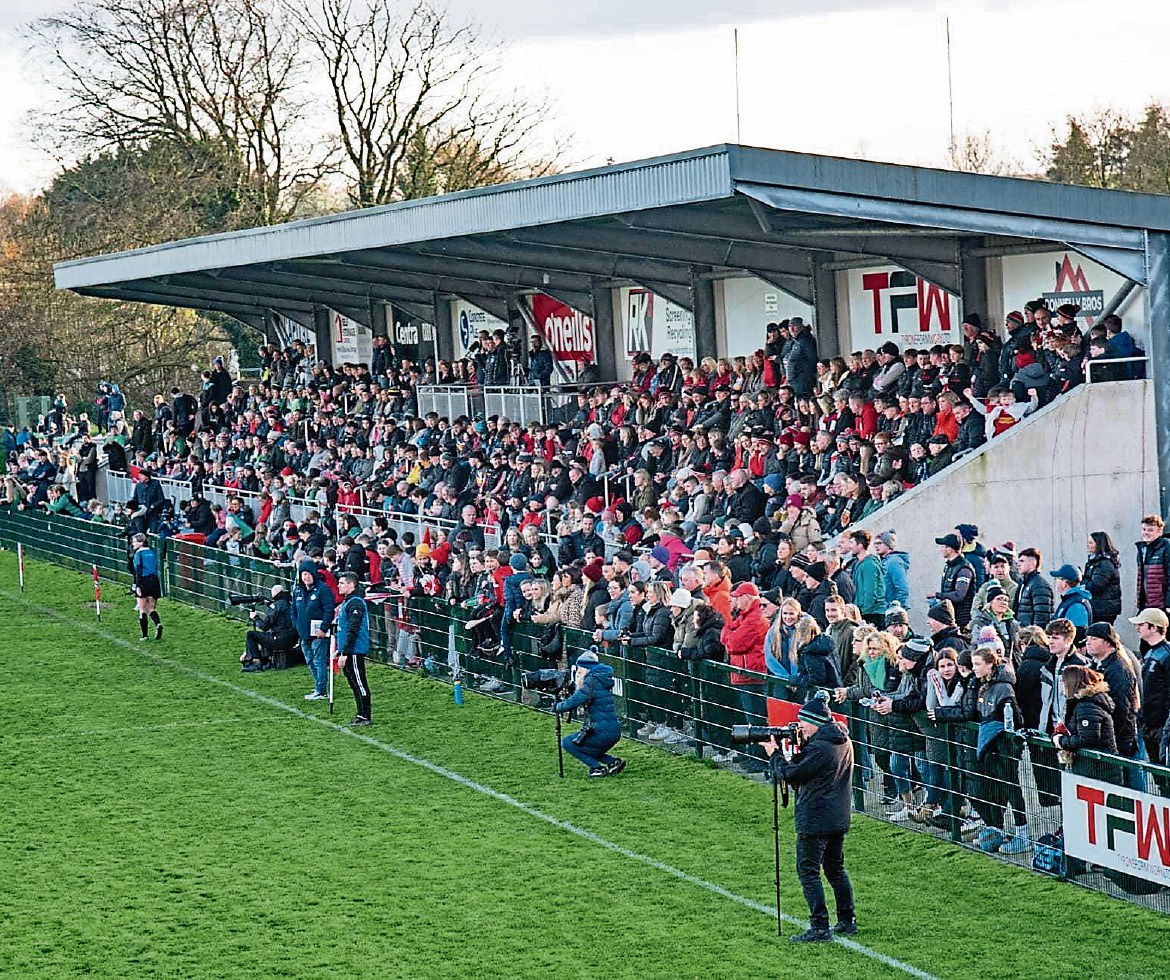UNDERTAKING large physical developments is not for every club right now, but if you have identified that your club needs to improve its facilities then it is important that the club are ready to avail of any monies available.
The availability of funding from public bodies may be limited, however, this makes it even more important to be ready should any funding open-up; and also makes the application process a lot more competitive. Ulster GAA has long been urging clubs to get themselves into a ‘state of readiness’, but what exactly is meant by this?
There is a checklist of criteria that a club will need to have in place in order to be ‘ready’. Most grants from public bodies, and certainly the larger grants will be ring-fenced for capital expenditure. Capital expenditure incorporates any physical infrastructure projects, and any pieces of sports equipment which are not deemed to be for personal use, and will remain with the club for more than five years.
All clubs should have a Club Development Plan. The Club Planning Programme is being rolled-out in clubs currently and clubs can make requests to be involved in this by contacting their county planning and training officer or Ulster GAA. Club Development Plans are usually a requirement for any funding application. Clubs with a development plan, by going through the planning process, know where it stands currently, and know what its needs will be in the future. Having an ability to demonstrate an identified need is a huge advantage when making funding applications. The planning process should encourage greater community buy-in, which demonstrates a greater need, and a greater value for money from the funder’s perspective.
There are documents which are required by GAA rule and which the funders will also look for. An up-to-date Club Constitution and financial statements are basic requirements but ones which may hold an application up should they not be kept in order. Funding applications will have to demonstrate an equality policy, with an anti-racism and anti-sectarian ethos.
The Club Constitution refers to the Official Guide of the GAA through which clubs can evidence this requirement.
For physical developments clubs will need to demonstrate that they either own the grounds to be developed, or have a long-term lease agreed, often a minimum of 21 years. It is therefore imperative that any lease agreement is up-to-date, and that all deeds of trust are in order. A common pit-fall with deeds of trust is when a club trustee has passed away and the deed of trust has not been updated. Deeds of trust can take a while to sort-out so it is important that clubs check on theirs annually.
Planning permission can prove to be a common stumbling block. It is important to have planning permission for any proposed developments. Be sure to check with things like floodlights, or ball-stops that planning permission is not required. Where planning permission has been approved be sure that it is kept up-to-date.
It sounds obvious but it is often the reason why clubs may not be successful in a funding application; they cannot demonstrate enough partnership funding. In today’s climate many clubs are simply trying to deal with day-to-day bills. But where clubs are planning a physical development, they should dedicate a number of years of ring-fenced fundraising in advance of a proposed start date.
A club which is able to show a history of healthy fundraising, with a substantial nest-egg in the bank will reassure funders of their ability to manage a large project. Indeed, historically it has been this factor which has led to a large number of GAA clubs being successful in securing funding in the past.
Often the timing of larger capital grants will not be known until they are ready to open, so the clubs who can react the quickest will be at an advantage. Often as these grants are quite sporadic, the time in which they are open can be very short, thus only a small window of opportunity exists.
Once again it is the clubs who have not the necessary things in place which may be ruled-out for this very reason, irrespective of their actual need.
Receive quality journalism wherever you are, on any device. Keep up to date from the comfort of your own home with a digital subscription.
Any time | Any place | Anywhere















